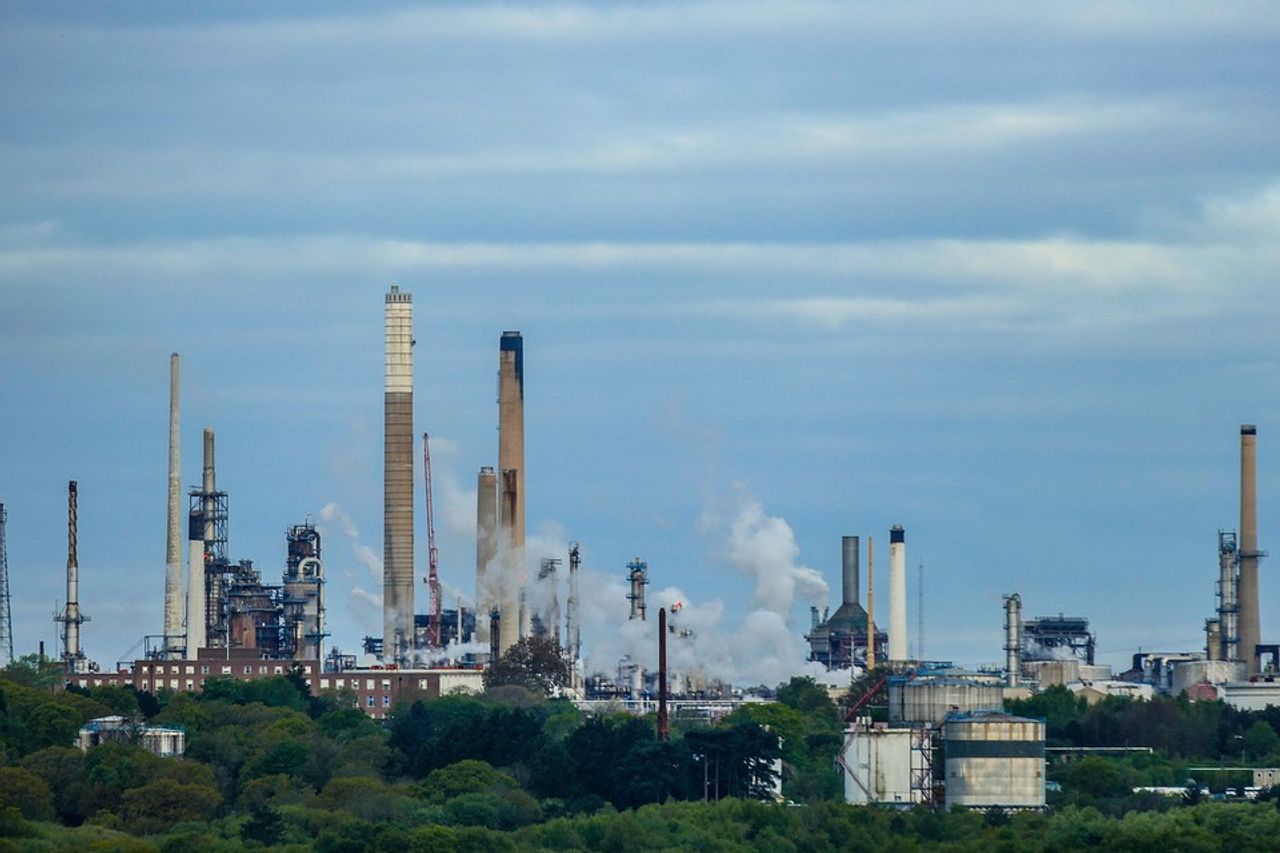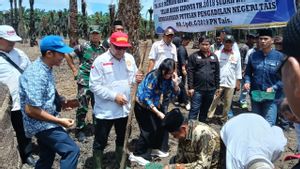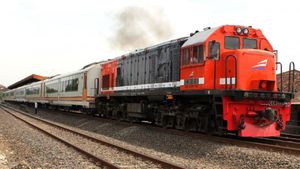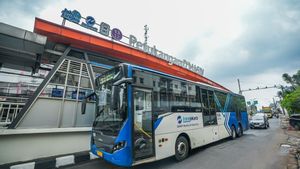Pertamina Boosts Construction Of Four Oil Refineries

JAKARTA - PT Pertamina (Persero) will accelerate the development of oil refineries to increase domestic production of fuel oil (BBM). One of them is the construction of a refinery in Cilacap. "The Cilacap project is continuing and we are accelerating it. Currently we have completed the land acquisition," said Director of Megaproject Processing and Petrochemical PT Pertamina (Persero), Ignatius Tallulembang, Jakarta, Wednesday (6/11/2019). Ignatius said, apart from in Cilacap has three oil refinery developments that are prioritized by Pertamina. Later, if these refineries are implemented, they can produce 1.5 million barrels of fuel, thus reducing imports. The optimization of refinery construction includes the Balikpapan, Balongan, Bontang and Cilacap refineries. For the Cilacap Refinery, currently calculating the value valuation together with its partner, namely Saudi Aramco. The development of these refineries, said Ignatius, is in accordance with the refinery development master plan (RDMP) prepared by Pertamina in the big agenda in order to build national energy independence. "The agreement is made at the latest valuation this year. Everything will be done at the end of December." After the valuation is complete, he said, the next stage will enter into engineering which is expected to be carried out in early 2020. While waiting for the valuation, Pertamina has also done initial work on the Refinery project. Development Master Plan (RDMP). He said the land acquisition process for the Cilacap Refinery was almost complete, it was only a matter of waiting for one land belonging to PT Holcim Indonesia which was still in process at the Supreme Court (MA). "There are indeed land owners in MA, (the problem) is related to prices." Based on Pertamina's data, the Cilacap Refinery will start operating in 2025. At that time, the refinery will increase its processing capacity and produce fuel oil (BBM) by 348 thousand barrels per day (bpd) to 400 thousand bpd. In addition, it improves product quality from EURO II to EURO V.






